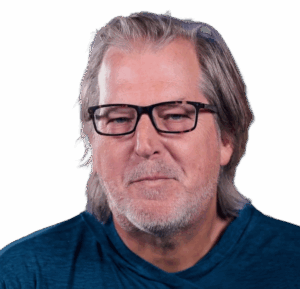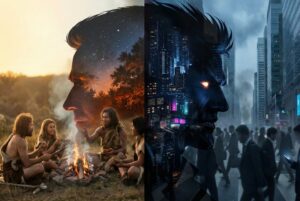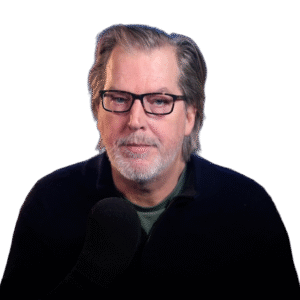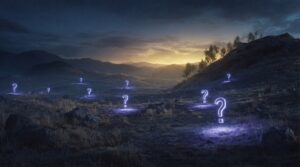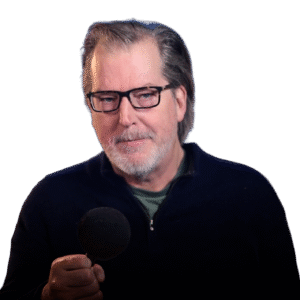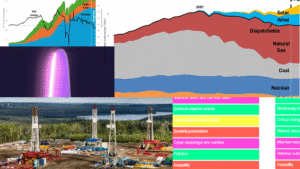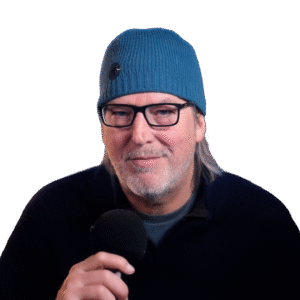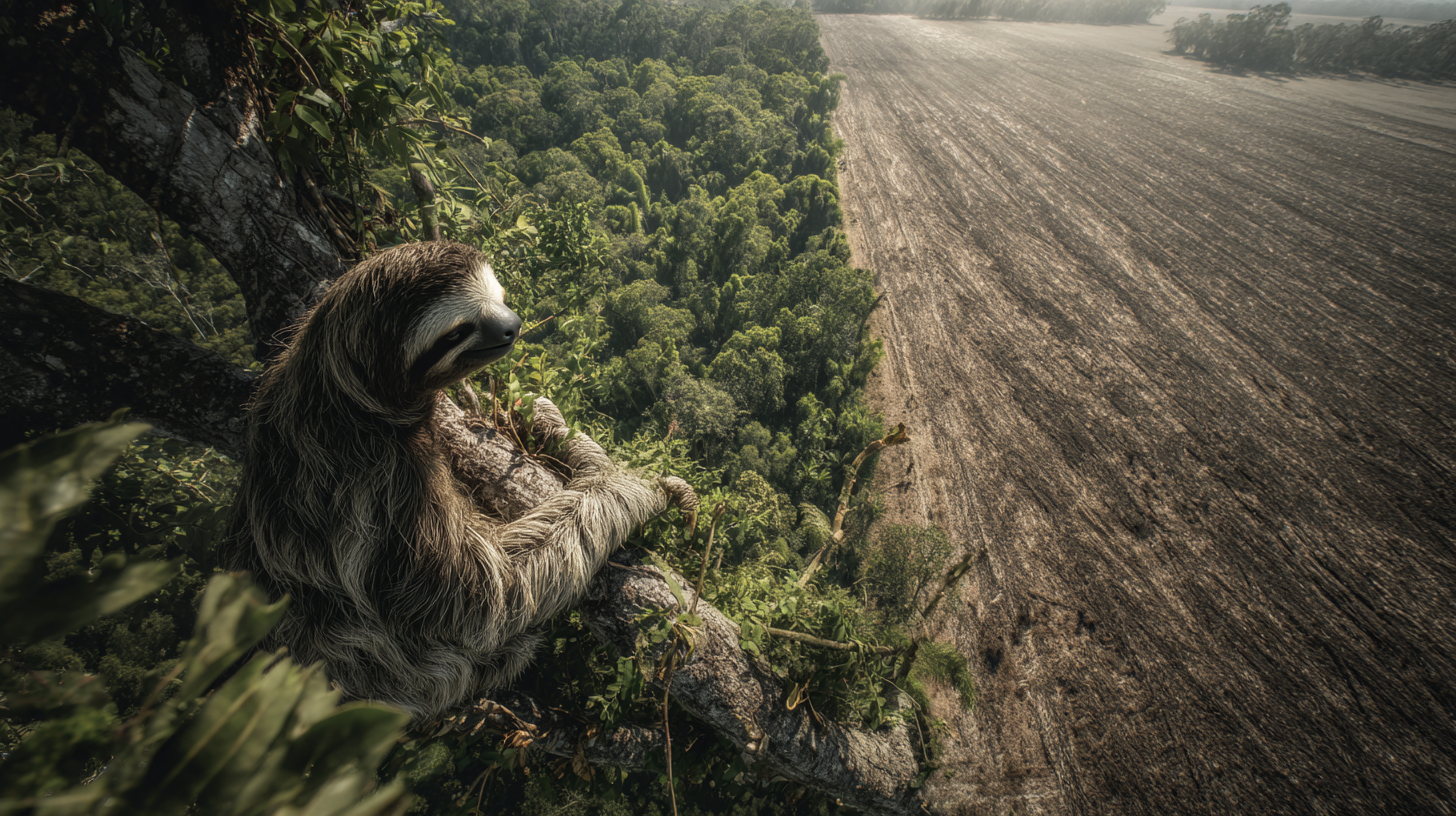
#110 | Frankly
What Sloths Teach Us About the Superorganism
Description
In this week’s Frankly, Nate reflects on the multiple metaphors brought to mind via a single photograph, which depicts a sloth climbing a barbed wire fence in Costa Rica. Beyond evoking compassion for a species that’s on the receiving end of human intervention into its ecosystem, the image raises larger ideas about the response of animals, including humans, to artificial cues and novel environments. Just as the sloth mistakes a fence post for the safety of a tree, modern humans mistake consumption, speed, and certainty for meaning.
Moving beyond just the image, Nate unpacks the word “sloth” itself as one of the original seven deadly sins, offering a reimagining of what today’s seven moral failings might be in the context of a global economic superorganism. Apathy, righteousness, and anthropocentrism might be today’s major vices, which each have consequences for the environment and our relationship to it.
Can we stand our ground locally against the global superorganism? How can we begin to reclaim agency and compassion – both for ourselves and the ecosystems we are inextricably a part of? Do our instincts no longer serve us in a world so rapidly and radically changed?
In French, we have a motto that says that a simple drawing is often better than a long explanation. Jean-Marc Jancovici Carbone 4 President
That’s very understandable because with left atmosphere thinking, one of the problems is that you see everything as a series of problems that must have solutions. Iain McGilchrist Neuroscientist and Philosopher
We can’t have hundreds and hundreds of real relationships that are healthy because that requires time and effort and full attention and awareness of being in real relationship and conversation with the other human. Nate Hagens Director of ISEOF
This is the crux of the whole problem. Individual parts of nature are more valuable than the biocomplexity of nature. Thomas Crowther Founder Restor

